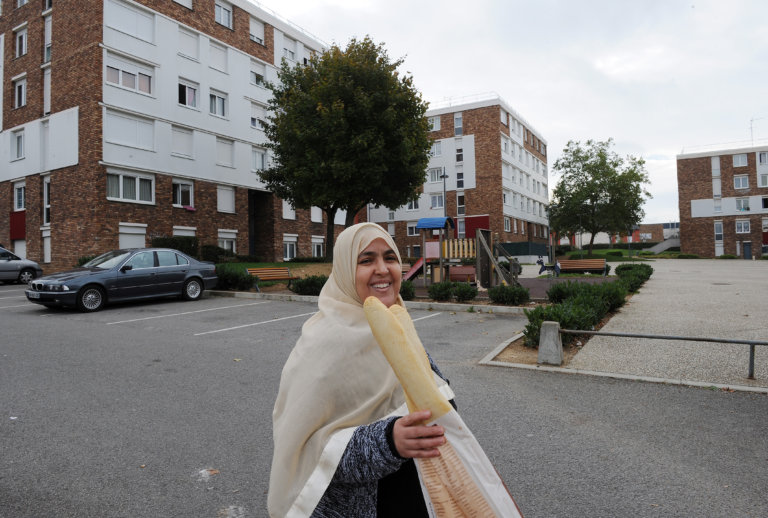
Many countries are now closed to new international students for the foreseeable future. France, however, is not.
Campus France — a public agency in charge of promoting French higher education abroad — has been pushing the country as one of Europe’s foremost study abroad destinations during this pandemic. The government has set lofty goals, one of them being to attract 10,000 Indian students by 2020.
Before you make plans to study in France, though, here are a few things you should know.
Bienvenue, international students
France’s borders have been open to international students since July 1. According to European Commission guidelines, students are exempted from the travel ban into the European Union.

A member of French Civic service, distributes hand sanitiser as part of COVID-19 measures at the Bassin de la Villette on the opening day of the 19th edition of the “Paris-Plages” (Paris Beaches) summer event on July 18, 2020, in Paris. Source: Geoffroy Van Der Hasselt/AFP
Students from non-European countries who want to start full-time studies in the 2020/21 academic year must apply for a long-stay student visa. If your course lasts three months or less, then the Schengen study visa will suffice.
Additionally, British students will be treated as EU citizens until the official Brexit transition period ends on Dec. 31, 2020.
French foreign minister Jean-Yves Le Drian said, “In view of the stakes involved in making universities attractive, international students will be allowed to come to France, regardless of their country of origin, and the arrangements for their reception will be facilitated. Their applications for visas and residence permits will be given priority.”
Digital learning will still play a role
Universities are hoping to start face-to-face classes in September. Nevertheless, French Higher Education Minister Frédérique Vidal encourages universities to utilise digital learning spaces to aid teaching during the pandemic.

Say “oui” to remote learning and Parisian summers. Source: Geoffroy Van Der Hasselt/AFP
She told Le Parisien: “The idea to offer the maximum number of courses in this way in order to provide educational continuity in the event certain establishments are forced to go back into lockdown.”
You must provide proof of accommodation to obtain a student visa
Let’s be honest — remotely securing accommodation in a foreign country is challenging, even without an ongoing pandemic.
Student residence halls typically have limited space. Finding a place to rent off-campus can also prove an uphill task when you’re not there in person. Then, of course, there’s the concern of cost.
There is a silver lining for international students, though. There is financial aid for housing, should you need it. You can find more information in this French government guide for international students seeking accommodation and financial aid.
There are bursaries for international students (oui!)
On top of all that, the government is also committed to helping international students who require financial support. You can check out the types of bursaries available here, and plan your finances to study in France accordingly.
According to Campus France, 25% of these scholarships are directly financed by the foreign ministry in the form of Eiffel (for Master’s or Doctoral level studies) or Major programmes(for the best international students who have graduated from French high schools abroad). The rest are provided by France embassies abroad.
Liked this? Then you’ll love…
COVID-19: A glimpse into the online learning experience in US & France
Want to study in France? International students welcome, says new campaign







